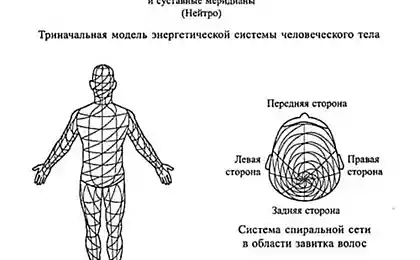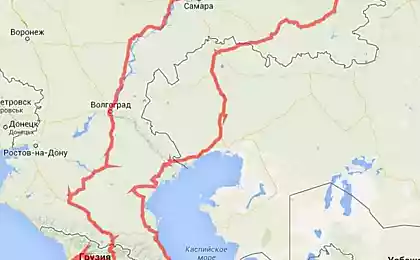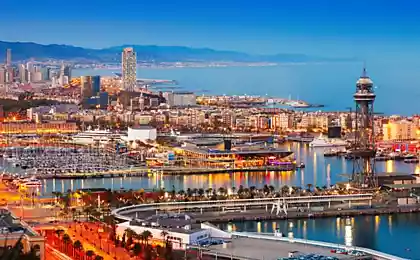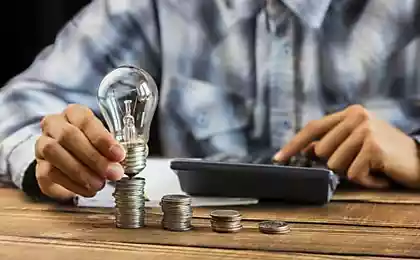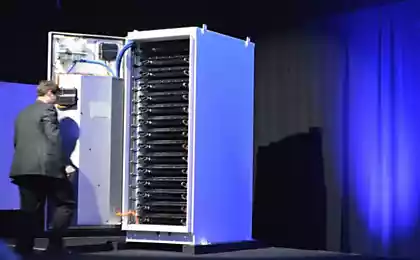553
In some countries the energy bill can be negative
Exchange elektrichestva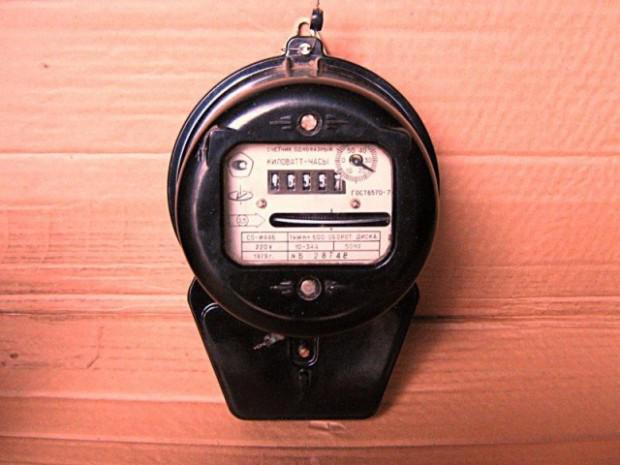
Electricity can be sold - just like any other commodity. Electrical networks of different countries are interrelated, especially in Europe, therefore, easy to sell the country "extra" or to purchase additional electricity depending on demand - these goods are traded on a special stock exchange, like stocks. In Europe, this market is called the European Energy Exchange.
But in recent years in Europe, there is a gradual transition to renewable energy sources - such as wind, water, sun and plants. States spend significant money on the construction and development of power plants, with the result that these kinds of electricity can be cheaper than traditional fuels - minerals and nuclear energy.
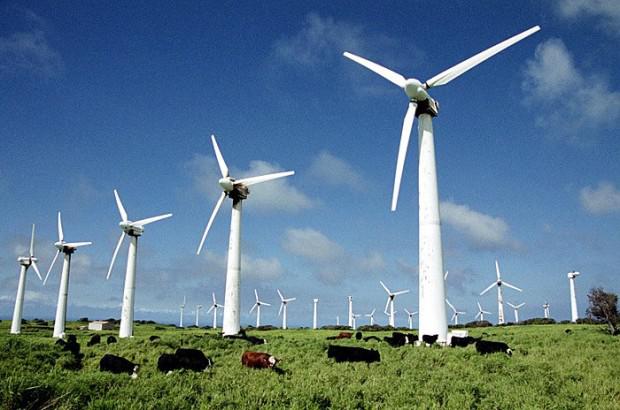
At the end of 2012, Europe was faced with the vagaries of nature - a few weeks storm raged strong and thunderstorms. Although the population was quite unpleasant for two of the three renewable energy situation was very favorable. Wind power plants in France and Germany have shown the highest growth of electricity generated for all time of its existence, and the GES working at the peak of their capabilities - employees had to work hard to keep the water level at the dam below the critical level.
Development of nuclear power stations and fossil fuel is not decreased, which led to a glut of electricity. And, like any other stock exchange, where supply exceeds demand, buyers are not found. Usually in such a situation, the fall in prices will stop at zero, and buyers and sellers are waiting for each other the next step.
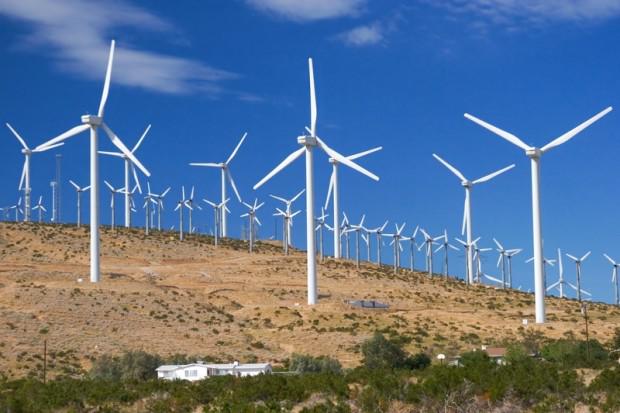
But due to the fact that increased production of wind energy and hydropower, as well as taking into account government subsidies, renewable energy producers could sell it for the price with a minus sign, and thus make a profit. The unusual situation has led to what megawatt hour minus cost several hundred euros.
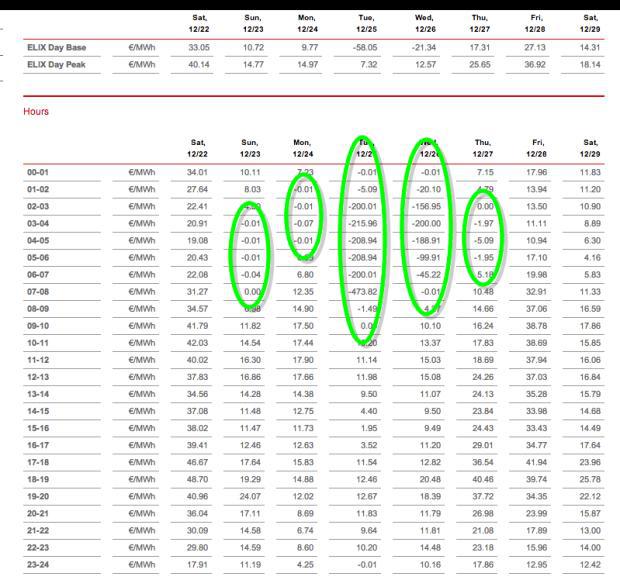
via factroom.ru

Electricity can be sold - just like any other commodity. Electrical networks of different countries are interrelated, especially in Europe, therefore, easy to sell the country "extra" or to purchase additional electricity depending on demand - these goods are traded on a special stock exchange, like stocks. In Europe, this market is called the European Energy Exchange.
But in recent years in Europe, there is a gradual transition to renewable energy sources - such as wind, water, sun and plants. States spend significant money on the construction and development of power plants, with the result that these kinds of electricity can be cheaper than traditional fuels - minerals and nuclear energy.

At the end of 2012, Europe was faced with the vagaries of nature - a few weeks storm raged strong and thunderstorms. Although the population was quite unpleasant for two of the three renewable energy situation was very favorable. Wind power plants in France and Germany have shown the highest growth of electricity generated for all time of its existence, and the GES working at the peak of their capabilities - employees had to work hard to keep the water level at the dam below the critical level.
Development of nuclear power stations and fossil fuel is not decreased, which led to a glut of electricity. And, like any other stock exchange, where supply exceeds demand, buyers are not found. Usually in such a situation, the fall in prices will stop at zero, and buyers and sellers are waiting for each other the next step.

But due to the fact that increased production of wind energy and hydropower, as well as taking into account government subsidies, renewable energy producers could sell it for the price with a minus sign, and thus make a profit. The unusual situation has led to what megawatt hour minus cost several hundred euros.

via factroom.ru
The ancient Aztecs bathed twice a day and used the perfume of flowers
Russia geographically larger than Pluto


